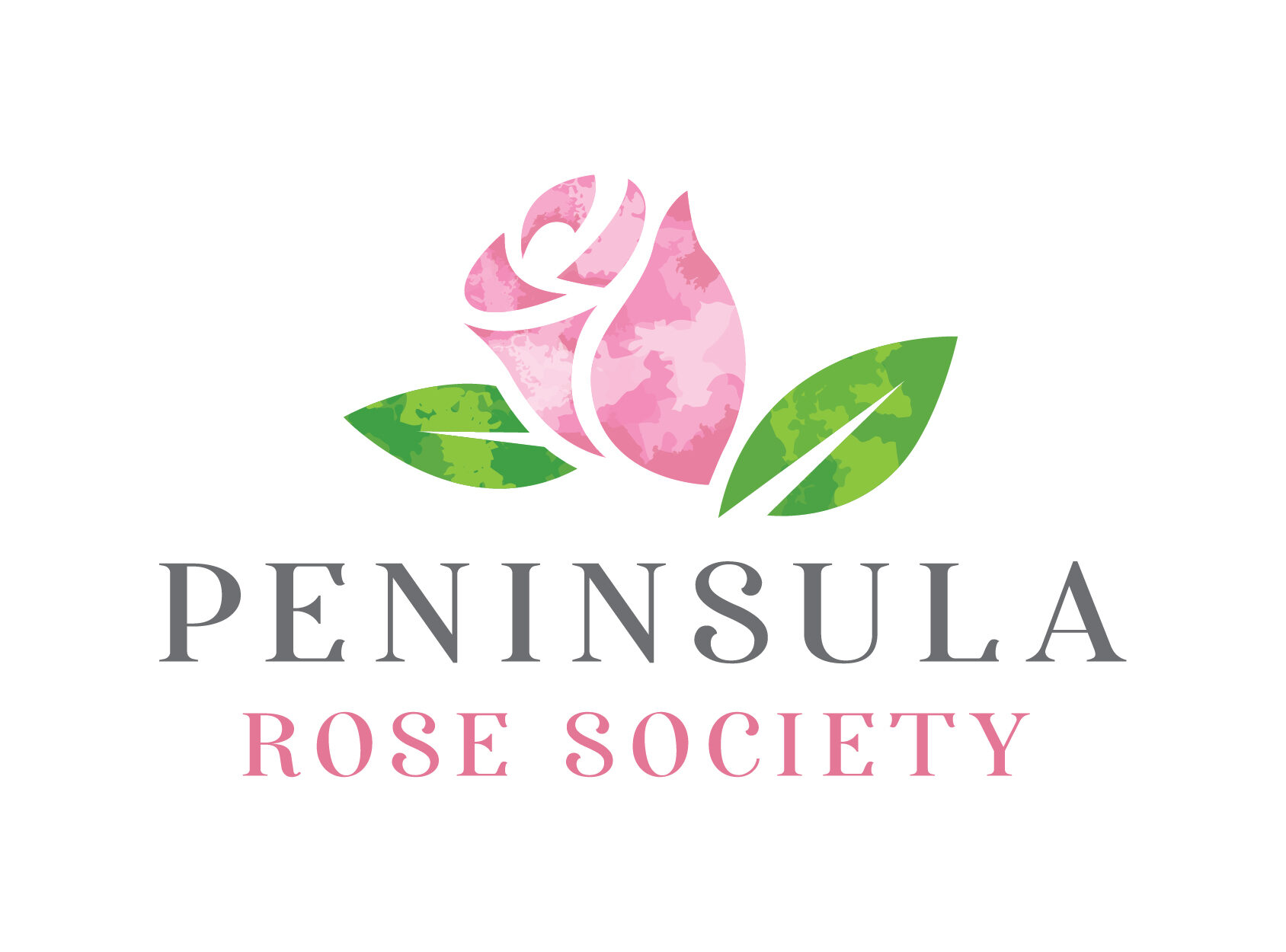By Patti Spezzaferro
“You Americans, you make it all so hard.
Growing roses is like growing any other plant.”
Michael Marriott
 Michael Marriott is a well-known authority on growing and designing rose gardens all over the world. For 35 years, Marriott was an integral part of David Austin’s rose team in Albrighton, England, and played an essential role in developing and popularizing the English rose. This experience equipped him with the intimate knowledge of all of the 200 plus David Austin roses. Consequently, Michael attained world-renowned recognition around the globe for his romantic public and private garden design style. His favorite public garden he designed is the four beds in Regent’s Park in London. “They each have their own very distinct character and will carry on developing and improving over the years.” He is also very proud of the large rose garden at David Austin’s office near Osaka, Japan, which is super.
Michael Marriott is a well-known authority on growing and designing rose gardens all over the world. For 35 years, Marriott was an integral part of David Austin’s rose team in Albrighton, England, and played an essential role in developing and popularizing the English rose. This experience equipped him with the intimate knowledge of all of the 200 plus David Austin roses. Consequently, Michael attained world-renowned recognition around the globe for his romantic public and private garden design style. His favorite public garden he designed is the four beds in Regent’s Park in London. “They each have their own very distinct character and will carry on developing and improving over the years.” He is also very proud of the large rose garden at David Austin’s office near Osaka, Japan, which is super.
“You Americans, you make it all so hard. Growing roses is like growing any other plant.” Well, of course, it’s a thorny issue growing roses with all its challenges of black spot, rust, powdery mildew, and rose blight. One day, my friend, Maria, was so exasperated that she shovel-pruned all 70 of her roses. She could not stand to look at any more rusty rose petals, and I must say that I feel the same on a bad day. So, when I read this quote by Michael Marriott, one of the world’s leading Rosarians, I was intrigued by what he had to say. Marriott advocates growing roses organically and emphasizes the importance of soil preparation with plenty of aged animal manure and compost before planting. He advises gardeners to apply mycorrhizal fungi for good root growth because all roses love humus-rich soil. He recommends your soil should hold moisture well yet not get waterlogged. Soil that is rich in microorganisms where worms aerate the ground will help with drainage.
Marriott is an organic gardener and incorporates plants that are attractive to beneficial insects. These good bugs include ladybugs, damsel bugs, and lacewings that will eat aphids, scale, mealybugs, thrips, mites, and other pests. He says, “Encourage all the insects — pests or beneficial — into your garden, and let them sort it out themselves. You need to get everybody in the garden to balance the ecosystem.” He follows Beth Chatto’s advice on “Right plant right spot” by saying: “You’ll get the best show from full sunlight,” which means six hours or more. Also, plant roses where they won’t be subject to extreme afternoon sun.
Roses are not divas, so Marriott suggests growing most roses, especially the soft-colored David Austin English Roses, with companion garden plants. He encourages leaving space and not putting them right on top of the roses so that the companion plants do not deprive the roses of food and water. Therefore, place your companion plants 18 to 36 inches from the rose, based on the plants’ projected mature size.
Here are some of Marriott’s favorite companion plants:
• Sea holly (Eryngium)
• Phacelia
• Anchusa
• Agastache
• Goldenrods
• Ammi majus (bishop’s flower)
• Fennel
After researching this formidable gardener’s rose tips, I am encouraged by his words of wisdom to go out into my garden with renewed optimism and create the rose garden of my dreams, and I hope you are too!
Keeping you in the know
At our March Board Meeting, the board decided not to host the Zoom NHNH District meeting in September. However, PRS offered to do so post-Covid when we can host it in person.
Our next monthly Membership meeting will be at 7:30 pm on Tuesday, April 20th, with speaker Master Rosarian and award-winning garden writer, Debbie Arrington. I will send out the link as the date approaches in my regular monthly PRS Email Update. If you are free on Thursdays at 2 pm, drop in on our social Zoom meetings.
That’s it for now. Take good care and don’t forget to smell the roses.
